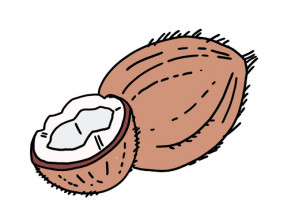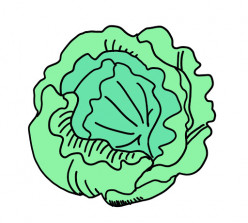Your baby is now officially an embryo and is about the size of a poppy seed.
Please visit www.nhs.uk/conditions/pregnancy-and-baby/4-weeks-pregnant/ for more information.
Local Maternity and Neonatal System
View navigation
Professionals
| Guideline/Guidance | Publication Date |
| Conflict of Clinical Opinion | 17 October 2022 - updated 17 November 2022 |
| Latent Phase of Labour | 23 September 2021 |
| PMRT Guidance |
13 September 2021 |
| PReCePT Guideline - Magnesium Sulphate Protocol |
19 June 2023 |
| Frenotomy (Division of Tongue Tie) |
02 December 2020 |
In line with Version 3 of the SBLCB a Perinatal Optimisation Baby Passport has been developed for babies under 34 weeks gestation, based on the clinical and baby passports produced by PERIPrem (Health Innovation South West and West of England regions).
This document can be given to women either when they are identified as at risk of preterm birth or presenting with signs of preterm labour. It acts as a source of parent information and data collection for perinatal optimisation interventions. If born before 34 weeks the passport should accompany the baby to the Neonatal Unit.
Passports in different languages can be downloaded by clicking on the languages below:
This leaflet can be given to every parent of a preterm baby. It is designed to help inform and fully involve parents in the care of their preterm baby by outlining in detail the benefits of maternal early breastmilk.
The leaflet in different languages can be downloaded by clicking on the languages below:
The purpose of this document is to support Trusts to implement an effective PTB lead team. It provides guidance on the responsibilities of the PTB leads to ensure standardisation of the roles in line with national recommendations and ensure teams have the capacity to effectively fulfil their function.
The guidance can be downloaded here.
| Safety Alert | Publication Date |
| Herpes Simplex Virus | 3 September 2021 |
| Breastfeeding baby in a sling | 19 February 2025 |
Saving Babies' Lives Care Bundle Version Three (SBLCBv3) (published on 31 May 2023)

Your baby is now officially an embryo and is about the size of a poppy seed.
Please visit www.nhs.uk/conditions/pregnancy-and-baby/4-weeks-pregnant/ for more information.

Your baby is now the size of a kidney bean and weighs 1g.
Please visit www.nhs.uk/conditions/pregnancy-and-baby/8-weeks-pregnant/ for more information.

Welcome to the second trimester!
Your baby is about the size of a small lime and weighs approximately 14g.
You have hopefully seen your midwife for your 'booking in' appointment, if you have not yet seen a midwife please make an appointment quickly, so you can have all of your choices about screening tests explained and offered to you.
Please visit www.nhs.uk/conditions/pregnancy-and-baby/12-weeks-pregnant/ for more information. You can also link to the 'Pregnancy Journey' area here.

Your baby is about the size of an avocado and weighs approximately 100g.
Please visit www.nhs.uk/conditions/pregnancy-and-baby/16-weeks-pregnant/ for more information.

Your baby has grown in length and is now the length of a small banana and weighs approximately 300g. Around this time you will be offered your '20 week' scan, also known as the 'anatomy' or 'anomaly' scan.Click here for more information about screening.
This is a also a good time to talk and sing to your bump as your baby can now hear sounds. This is great way for you and your partner/family to bond with your baby.
Please visit www.nhs.uk/conditions/pregnancy-and-baby/20-weeks-pregnant/ for more information.

Your baby has grown again to the approximate length of an ear of sweetcorn and weighs about 600g.
Please visit www.nhs.uk/conditions/pregnancy-and-baby/24-weeks-pregnant/ for more information.

Welcome to the third trimester!
Your baby is now approximately the weight of an aubergine; about 1kg and approximately 37cm in length.
Please visit www.nhs.uk/conditions/pregnancy-and-baby/28-weeks-pregnant/ for more information.

Your baby now weighs approximately the same as a coconut; around 1.5kg.
Please visit www.nhs.uk/conditions/pregnancy-and-baby/32-weeks-pregnant/ for more information.

Your baby is now around the same size as a lettuce, approximately 47cm long and weighs around 2.6kg.
Please visit www.nhs.uk/conditions/pregnancy-and-baby/36-weeks-pregnant/ for more information.

Your baby is now the weight of a small watermelon which is approximately 3.3kg and around 50cm in length.
Please visit www.nhs.uk/conditions/pregnancy-and-baby/40-weeks-pregnant/ for more information.